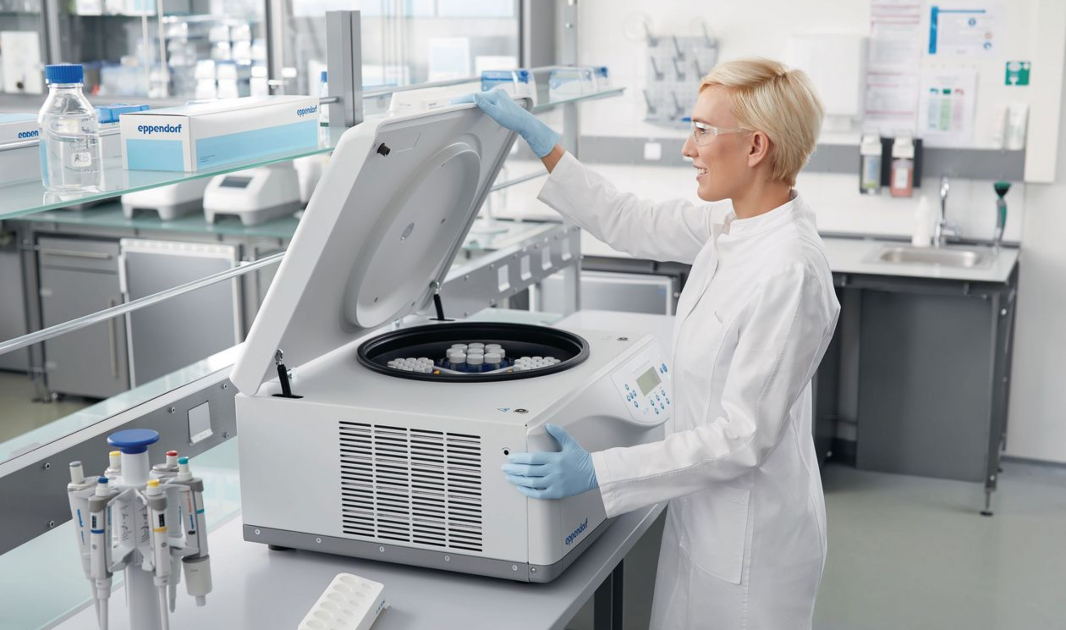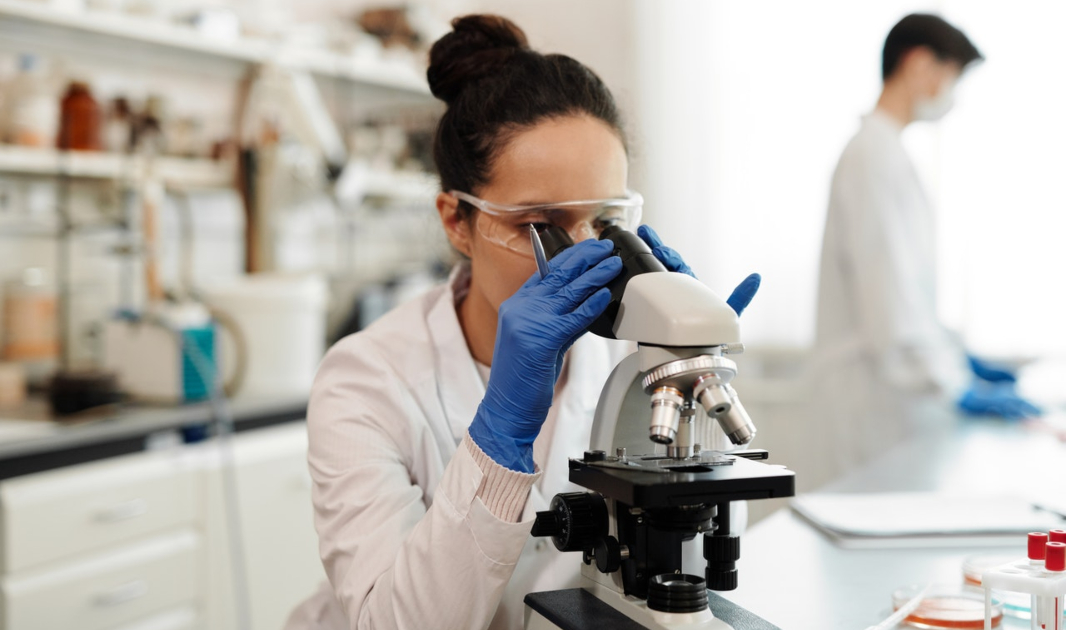Evolve recently spent three days at a European conference on DNA forensic analysis held in Malta.
There are a number of forensic labs set up in Malta, including at Mater Dei Hospital, the University of Malta and of course the police force.
Here, we will examine what a forensic lab is, how to set this type of lab up, and the equipment that is needed for forensic analysis.
What is a forensic lab?
A forensic lab is where samples of evidence are processed and analyzed from suspects, victims, and crime scenes for the purpose of identifying or tying an individual or individuals to a crime scene. The principles of molecular biology, genetics, and biochemistry are used during forensic analysis for processes such as compound identification, bodily fluid evaluations, fingerprinting, DNA identification, and trace analysis.
How do you set up a forensic lab?
Forensic lab setup can vary depending on the scope of analysis performed. While some labs include additional niche areas of analysis, most forensic labs are set up to include the processing of the typical types of evidence found at crime scenes.
Therefore, most forensic labs will be setup for analysis in the following designated areas:
- Latent prints
- Toxicology
- Trace evidence
- Footwear
- Tire tracks
- Firearms
- Toolmarks
- Drug chemistry
- DNA
The lab should have enough space to include countertops, fume hoods, workbenches, and cabinets. When it comes to countertops and cabinets, you need to figure out what will best meet your needs. Do you need these items to be heat and/or chemical-resistant? If so, then you should consider countertops made out of epoxy resin or stainless steel and cabinets made out of stainless steel.
Another important element of a forensic lab is lighting. It’s important to have alternative light sources to compare samples in the different lighting scenarios. Ultraviolet and infrared light sources are crucial since they can pick up evidence that is not always visible.
A lab that is well-equipped and designed is much more conducive to efficiency, productivity, and accuracy.

What lab equipment is used in a forensic lab?
Equipment found in a forensic lab includes the basic equipment you would find in general labs to those instruments used strictly for specific forensic analysis.
- Microscopes. High-powered microscopes are used to identify, isolate, locate, and compare samples from crime scenes.
- Fume hoods. Fume hoods remove aerosols and chemical fumes from a potentially hazardous work environment.
- Chromatographs. Chromatography is a method used for identifying compounds so that those compounds can be associated with a victim, location, or specific person of interest.
- Spectrometers. Mass spectrometers are used to analyze trace evidence. Electromagnetic radiation is applied to the sample of fluid which will reveal what molecules the sample contains.
- Biohazard waste can. Biohazard waste cans are used to dispose of anything contaminated with infectious material from a crime scene such as samples or instruments used with those samples.
- Biohazard sharps container. Biohazard sharps containers are used to dispose of instruments with sharp edges capable of cutting the skin that have come into contact with biological material.
- Fingerprinting supplies. Fingerprinting supplies are used to analyze fingerprints left at the scene of a crime for the purpose of connecting the crime to the person that may have been present at the time the crime was committed.
- Personal protective equipment. Personal protective equipment is worn to minimize exposure to hazards that cause injuries or sickness while working in a forensic lab. This equipment includes items such as safety glasses, gloves, and barriers.
- Varies Biological Identification Kits. Biological kits are used to identify the presence of blood, saliva, semen, urine, and fecal material at the crime scene, on the victim, or on the suspect.
- Varies evidence bags and storage containers. Evidence bags and storage containers are used for storing and transporting evidence from the crime scene to the forensic lab for processing. Generally, wet evidence goes in paper containers while dry evidence goes in plastic containers.
- Sanitary supplies. Sanitation supplies are used in forensic labs to remove pathogens that cause contamination.
- Biohazard bags. Biohazard bags are used to collect and dispose of infectious and harmful wastes originating from a crime scene and being analyzed in a forensic lab.
- Chemicals and reagents. Chemicals and reagents are used in a forensic lab to test for the presence of blood, cleaning, and disinfecting a crime scene and lab.
- Entomology collections for identification. Entomology collections involve analyzing and identifying insects and their actions as evidence in criminal investigations.
- Dental models. Dental models are used along with DNA and dental records in identifying human remains.
- Glassware and pipettes. Crime labs use pipettes for DNA testing, compound determination, and bodily fluid analysis. Glassware is used for handling the samples in the forensic lab.
- Varies hematology and toxicology kits. Hematology kits are used to study blood samples found at crime scenes and toxicology kits are used to test blood and urine for drugs and alcohol.
Evolve is your trusted science partner
With experiences across a range of sectors, our team have worked on a wide portfolio of ambitious science-led projects. Our specialists work closely together to combine their knowledge and experience to deliver all-round solutions to your problems.
We’re here when you need us, supporting science-led businesses and focusing on helping you, and your business, prosper.
We have a team of relationship managers working closely with firms to provide scientific guidance to help them reach their goals, across all sectors, from healthcare to heritage.
You might also be interested in
Find out more about our latest news and case studies
By your side with world class science support
At Evolve, we’ve been supplying lab equipment, scientific products and supplies for hospitals, clinics, scientists and researchers for decades.
We consider it our job to do far more than just take your order, we’re here to help. We listen, advise and solve problems.
Knowing that your time is precious, we also work fast – often being the only scientific supplier in Malta who can deliver what you need, when you need it. We pride ourselves on the great relationships we nurture and the consistent results we deliver.
To find out how we can save you time and give you one less thing to worry about, visit our Support Centre page.


